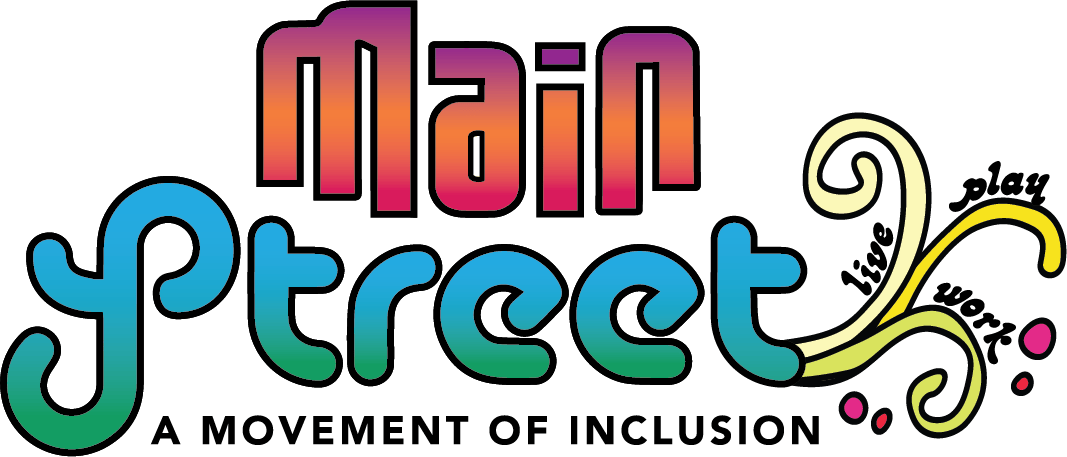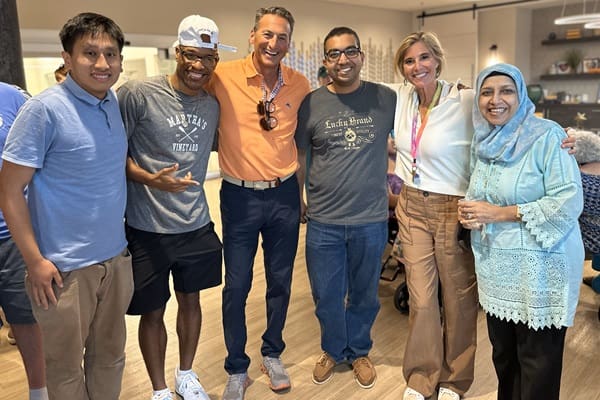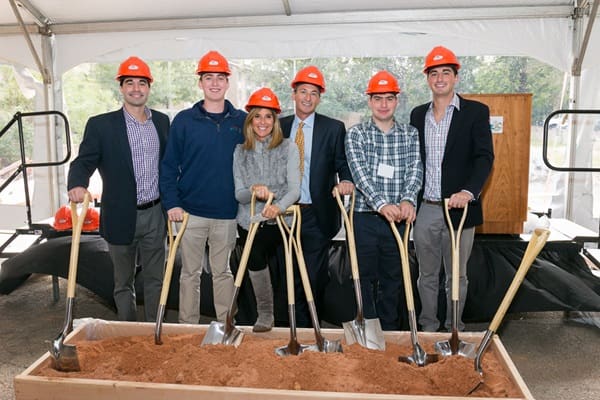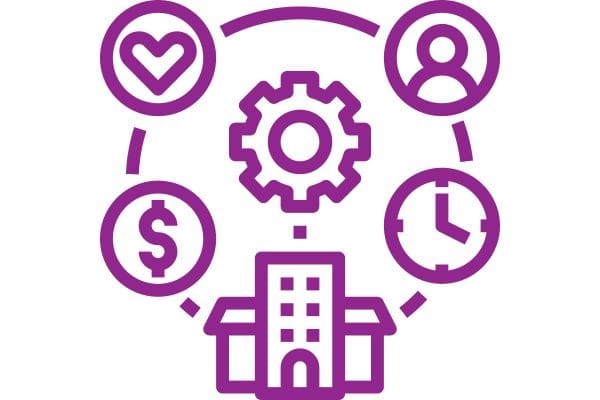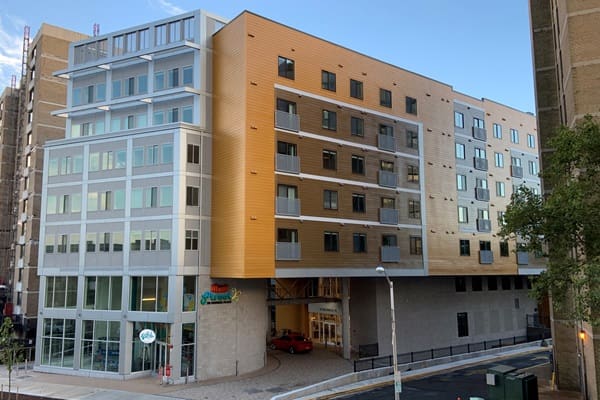
How We Built the Main Street Building
Located in Rockville, Maryland, the Main Street building has 70 apartments, 25% of which were set aside for adults with varying special needs; 75% of the apartments are affordable including all of those designated for those with special needs. View video presentations about how we built the building, learn about our 2021 Building Inclusivity Conference and find information about how to consult with Main Street.
